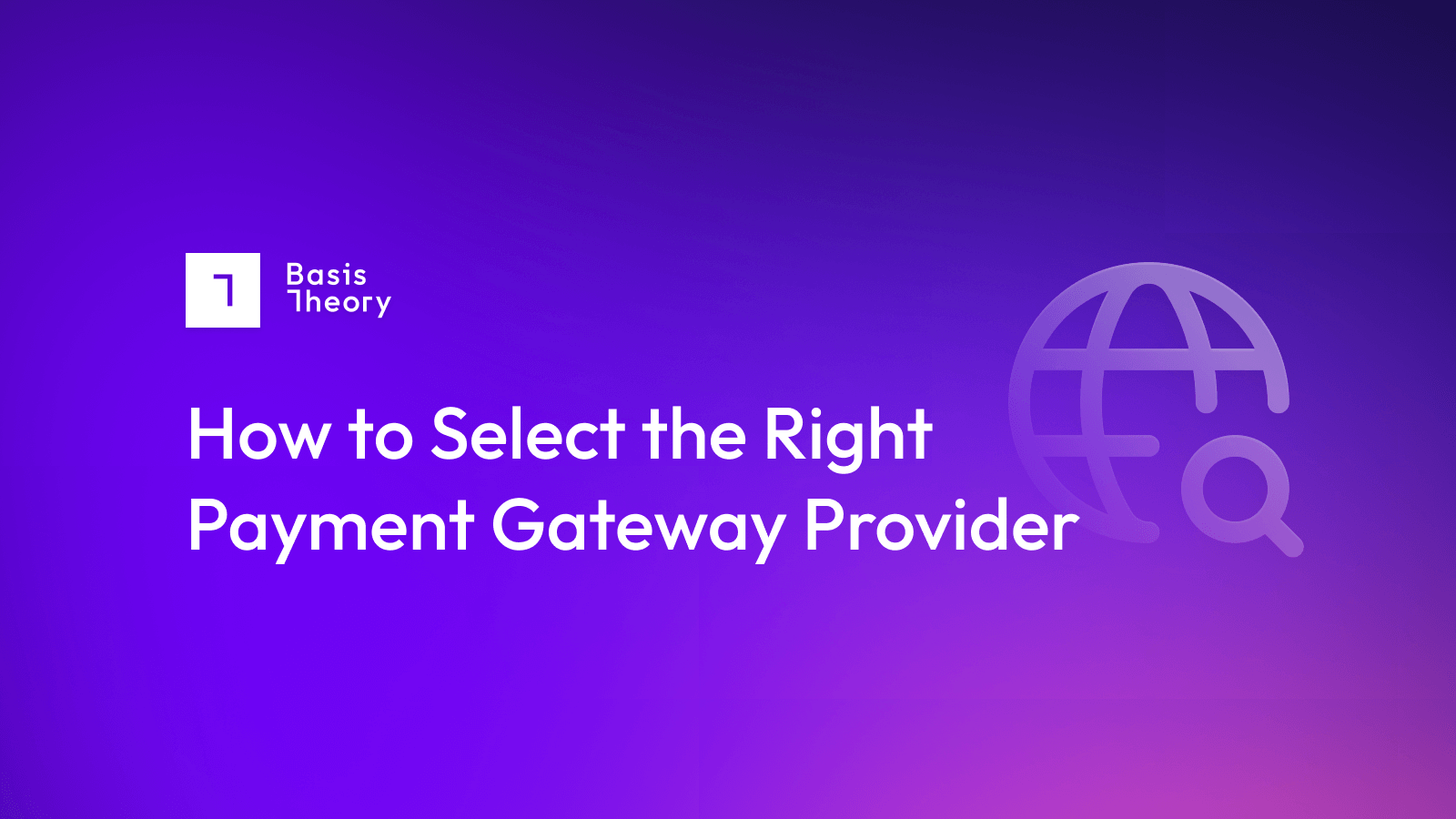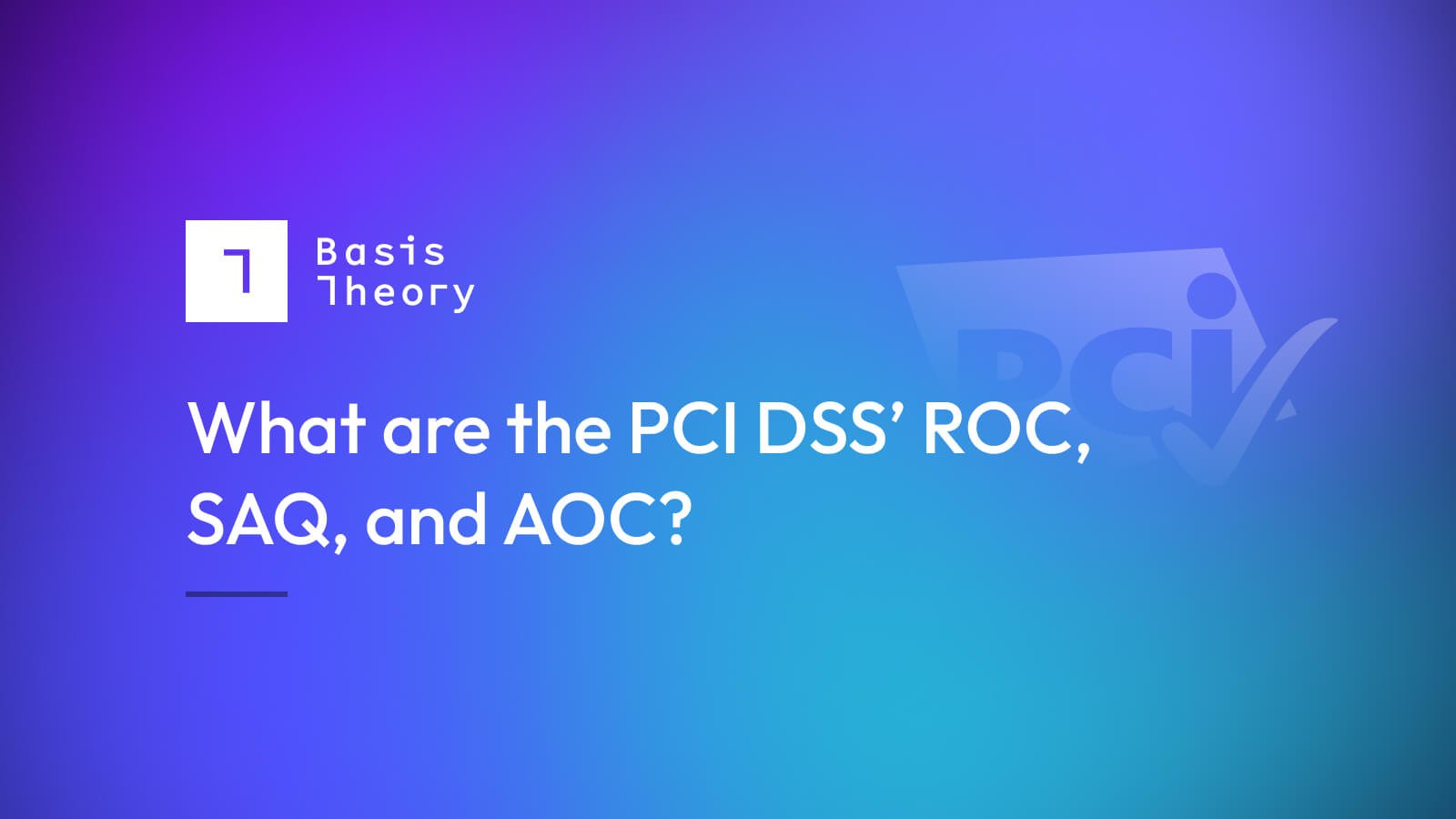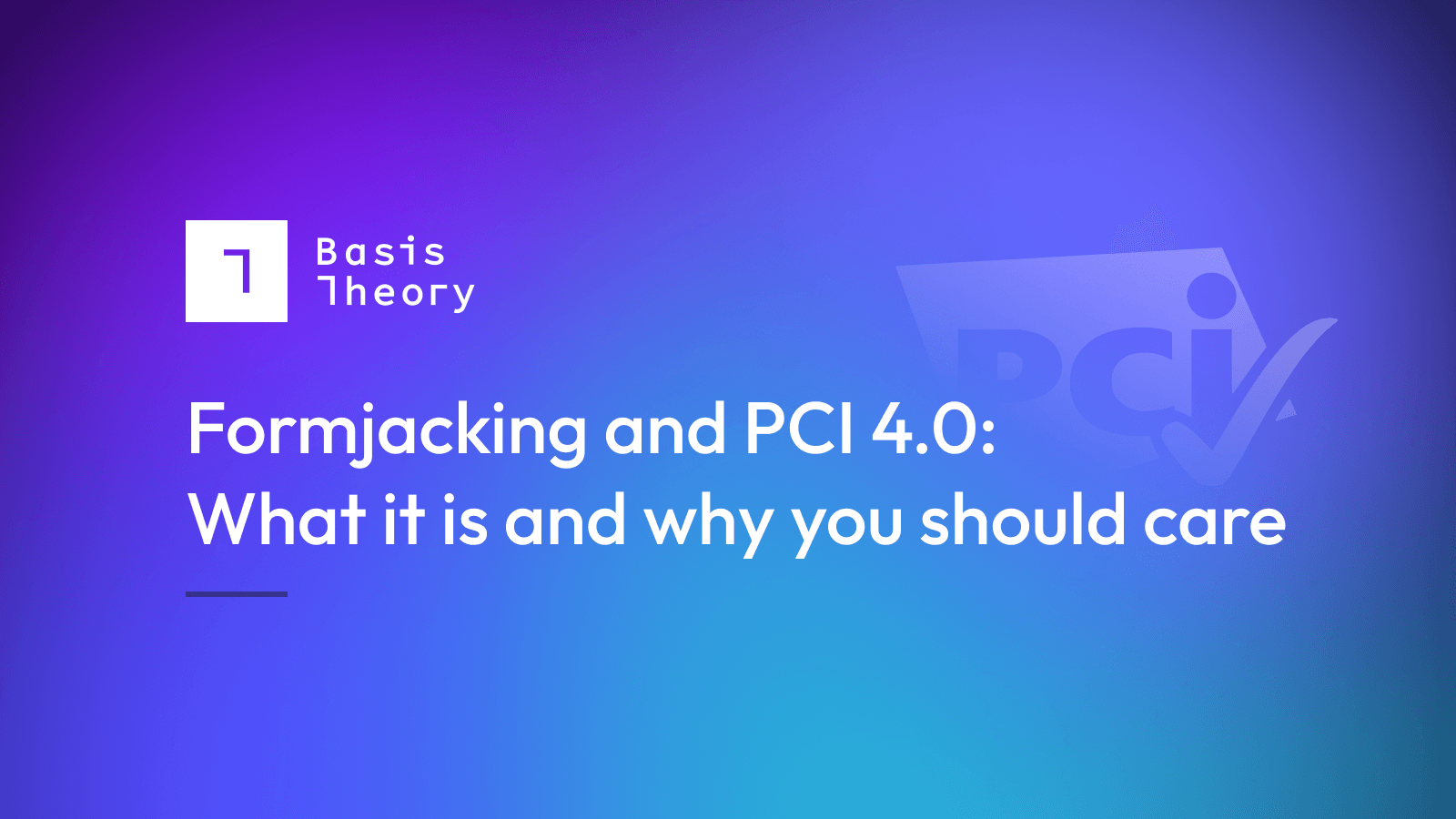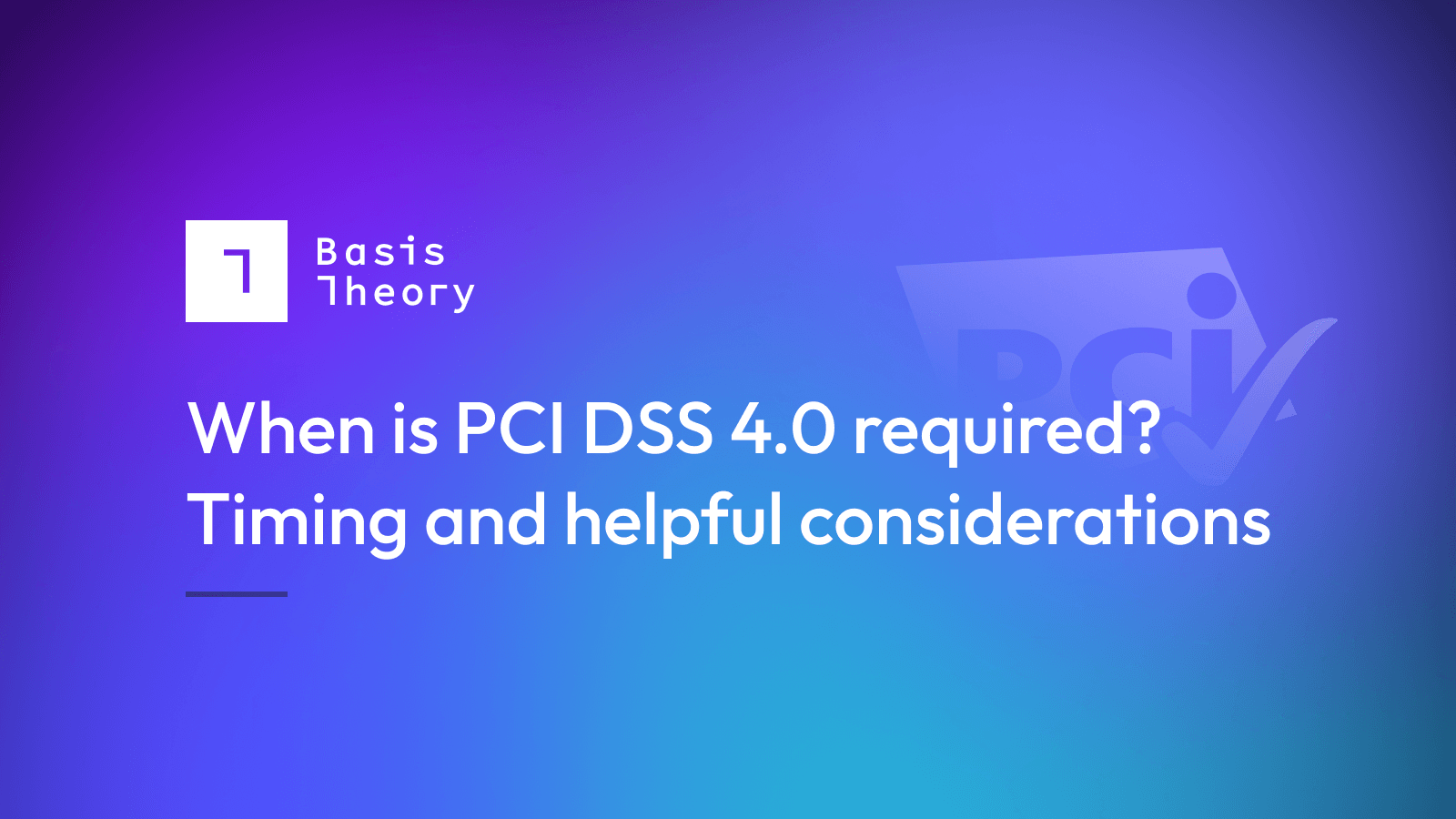How to Select the Right Payment Gateway Provider

Payment Gateway Providers: An Overview
A payment gateway is a specialized payment processor that serves the unique needs of a specific merchant vertical group. Payment gateways are designed to provide a seamless and secure payment experience for customers, while also offering specialized features and services specific to the needs of different industries.
These features may include:
- fraud prevention tools
- recurring billing options
- support for multiple payment methods, and more.
The most common examples of payment gateways are specifically designed for online businesses to allow online merchants to connect to the proprietary formats and systems of acquiring processors and help mitigate the unique fraud risks associated with online payments. Gateways help verify that a customer’s card is legitimate - essentially acting as the virtual version of a point-of-sale chip reader that can protect both your shoppers’ payment data and decrease your risks of fraud.
A gateway also serves a pivotal role in online subscription-based businesses that process card-not-present transactions, as is often the case with recurring subscription payments.
Factors to Consider when Evaluating Gateways
When choosing a payment gateway, it's important to consider many factors as they relate to your use case, including:
- Features and services you need: Make sure the payment gateway offers the features and services you need to run your business. Regardless of the popularity of particular payment gateways, be sure to research which providers offer the services your business actually needs.
- Fees: Just as the features vary by provider, so do the fees. Be sure to review each pricing tier for every payment gateway and ensure that the fees allow your business to thrive both now and as it grows.
- Security features: As with any third-party solution you’d choose, review the security posture of the gateways before making any purchasing decisions.
- Customer support: If you will need help, or would like the option for help in the future, be sure to evaluate the potential gateway’s customer support options. Will you need a dedicated customer support specialist, or do you prefer any specific forms of assistance like chat, email, or phone?
Once you’ve considered all the factors that impact your purchasing decision, you can feel more confident in the solution you choose.
Top Payment Gateways Worldwide
With hundreds of different solutions on the market, you will find no shortage of payment gateways to choose from. From big-name international providers to niche and up-and-coming solutions, companies in all industries have options to find the right solution for them.
Some of the top payment gateways worldwide are:
- PayPal: PayPal is the most popular payment gateway in the world, with over 435 million users worldwide. Braintree and Venmo, other popular names in the payments space, are subsidiaries of PayPal.
- Stripe: Stripe is a popular payment gateway for businesses of all sizes. It offers a simple, easy-to-use interface and competitive pricing. Stripe also supports a wide range of features, including fraud protection, recurring payments, and in-app payments - making it one of the top payment gateways for up-and-coming merchants.
- Square: Square is a popular payment gateway for small businesses. It offers a mobile-friendly checkout solution and a variety of features, including in-person payments, online payments, and card processing.
- Adyen: Adyen offers e-commerce companies a payment platform - like Stripe - that includes one of the top payment gateways. Adyen is a full-stack gateway and has attracted merchants with a single platform that can support payments in over 250 local payment methods and 200 countries.
- Worldpay: UK-based Worldpay is one of the longest-tenured online payment platforms. The company provides several payment services for both online and in-store channels, and in 2018 was deemed the top acquirer by purchase transactions in the US. In 2018, Worldpay was acquired by Vantiv, and the combined entity was later purchased by financial services company FIS in 2019.
- Ingenico: Ingenico is a legacy payments processor that initially stood out as a top provider by handling in-store card payments, and is still popular among companies where in-store payments is a focus. Today, Igenico offers payment solutions across in-store, online, and mobile channels.
- Braintree: This PayPal-owned gateway supports payments for mobile-centric merchants, and it benefits from its access to the millions of PayPal sellers. Braintree processes an estimated 6 billion processed transactions per year, and much of that success stems from its strategic focus on digital and mobile payments.
- WePay: WePay is a payments service provider that was acquired by JPMorgan Chase in 2017. The company grew in popularity due to its flexible APIs to help platforms support and monetize payments. In 2019, WePay launched Link, Clear, and Core, which claims to solve integrated payments use cases.
- 2Checkout: 2Checkout is a popular payment gateway for businesses that sell products or services internationally. It offers support for over 100 currencies and a variety of features, including fraud protection, recurring payments, and subscription billing.
- Amazon Pay: Amazon Pay is a popular payment gateway for businesses that sell products or services on Amazon. It offers a seamless checkout experience for Amazon customers and a variety of features, including fraud protection and buyer protection.
- Cybersource: Cybersource is one of the original gateways, founded in 1994. In 2007, Cybersource acquired Authorize.Net and was later acquired by Visa in 2010. Available in over 160 countries and territories and used by over 480,000 customers, Cybersource is a big player in this space.
These are just a few of the most popular payment gateways worldwide, with many other great options available not included here. The right fit for your business might not even be mentioned here so it is important to compare different providers before making a decision.
Frequently Asked Questions About Payment Gateways
Do I need a payment gateway or a payment processor?
Whether a merchant needs to use a payment gateway, a payment processor, or both is determined by the type of transaction and the situation.
For card-present (in-person) transactions, a payment processor is necessary. If that payment processor is virtual, without a physical POS terminal, a payment gateway is also necessary.
For card-not-present (and virtual) transactions, both a payment processor and a payment gateway are required. In this situation, the payment gateway does the majority of the customer-facing work but a payment processor is still necessary to complete the transaction.
Read our comparison of payment gateways and processors to learn more about the difference in payment gateways and payment processors.
Do I need to worry about PCI compliance if I have a payment gateway?
Yes, all merchants who process credit card information must be PCI compliant, and having a PCI-compliant gateway (and payment processor) is only one aspect of the requirements needed to maintain compliance. Protecting the account data, monitoring and testing networks, and building strong access control measures are just a few of the several other objectives that need to be met in order to maintain PCI compliance.
While no single solution can completely eliminate all the requirements an organization must meet in order to become compliant, partnering with third-party service providers like Basis Theory can significantly reduce the effort involved.
.png?width=365&height=122&name=BTLogo%20(1).png)




